20+ Years Experience
Specialist Education Providers

Imaginative play refers to the act of engaging in creative and pretend activities. It involves using one’s imagination to create fictional scenarios and characters, often resulting in increased cognitive and social development.
By participating in imaginative play, children can enhance their problem-solving skills, creativity, and empathy towards others.
This type of play encourages free thinking and allows children to explore their imagination in a safe and entertaining way.
It is important to provide opportunities for imaginative play as it can contribute to a child’s overall growth and development.
During imaginative play, children have the freedom to create their own worlds and narratives, using objects and props to bring their ideas to life. This type of play often involves role-playing, such as pretending to be a doctor, teacher, or superhero.
Through imaginative play, children develop their communication and language skills as they engage in conversations and interactions with their playmates.
It also promotes socialisation and cooperation, as children learn to take turns, share resources, and work together to create a cohesive storyline.
Additionally, imaginative play allows children to explore different perspectives and emotions. They can put themselves in the shoes of different characters and experience various situations, fostering empathy and understanding.
This type of play also stimulates their creativity and problem-solving abilities, as they navigate through challenges and obstacles within their imaginative worlds.
To enhance the experience of imaginative play, it is beneficial to provide a variety of props and materials that encourage creativity and exploration.
Items like costumes, puppets, and open-ended toys can stimulate children’s imagination and inspire new storylines and scenarios.
Creating a supportive environment that encourages imaginative play, such as setting up a dedicated play area, can also facilitate and promote this type of play.
Imaginative play, often referred to as creative play or pretend play, involves using one’s imagination to engage in activities that are not based on reality. It allows children to explore different roles and scenarios, develop problem-solving skills, and enhance their creativity and social skills.
This type of play typically involves creating fictional storylines, using props or costumes, and engaging in make-believe scenarios. Through imaginative play, children are able to express themselves, learn about the world around them, and develop important cognitive and emotional skills.
In addition to the benefits mentioned above, imaginative play also offers unique opportunities for children to engage in self-directed learning and problem-solving. By creating their own narratives and scenarios, children are able to exercise their creativity and think critically.
They also develop important social skills, such as empathy and cooperation, as they interact and negotiate with other children during imaginative play. This type of play is not only enjoyable for children but also contributes to their overall cognitive, emotional, and social development.
Studies have shown that imaginative play has numerous benefits for children. It promotes cognitive development, enhances language and communication skills, fosters creativity, and improves social interaction. Encouraging and facilitating imaginative play can contribute to a child’s overall growth and well-being.
Imaginative play allows children to explore their imagination, create unique scenarios, and develop problem-solving skills. By immersing themselves in pretend play, children can enhance their cognitive abilities and social skills.
During imaginative play, children can take on different roles, such as a teacher, superhero, or chef, and use their creativity to invent new stories and situations. By doing so, they develop language and communication skills as they interact with others and express their thoughts and ideas.
Furthermore, imaginative play provides an opportunity for children to practice decision-making and problem-solving. They learn to think critically, make choices, and navigate different scenarios. This type of play also encourages them to negotiate and cooperate with their playmates, developing important social skills.
Imaginative play, also known as symbolic play, refers to the creative and interactive activities that children engage in to express their imagination and explore the world around them.
This type of play allows children to pretend, role-play, and create imaginary scenarios using their imagination. It is an essential aspect of child development as it helps them develop social, emotional, cognitive, and language skills.
Through imaginative play, children learn to negotiate, problem-solve, and understand different perspectives. It provides them with an opportunity to express their thoughts, feelings, and ideas in a safe and enjoyable way.
Engaging in imaginative play stimulates their creativity and fosters their imagination, enabling them to think outside the box and come up with innovative ideas.
Parents and caregivers can support imaginative play by providing open-ended materials, such as blocks, costumes, and props, and by encouraging children to engage in pretend play activities.
By embracing imaginative play, children can enhance their cognitive abilities, build resilience, and develop a strong sense of self.
Imaginative play activities are creative and interactive games that encourage children to use their imagination and explore new scenarios. These activities provide an opportunity for children to develop cognitive, emotional, and social skills in a fun and engaging way.
In addition to these activities, imaginative play can also improve children’s problem-solving skills, emotional regulation, and social interactions. It allows them to explore different perspectives, develop empathy, and learn to work collaboratively with others.
Imaginative play, also known as pretend play or make-believe play, involves children using their imagination to create scenarios, characters, and stories. This type of play allows children to explore different roles and experiences, enhance their creativity and problem-solving skills, and develop social and emotional abilities.
It encourages them to think abstractly, think outside of the box, and use their imagination to come up with unique ideas. Imaginative play can involve various themes, such as superhero play, where children can pretend to have superpowers and save the day. It offers a safe and imaginative space for children to explore and make sense of the world around them.
Imaginative play encourages them to think outside the box, sparking creativity and problem-solving skills. Through imaginary scenarios and role-playing, children enhance their social, emotional, and cognitive development.
In this type of play, children become characters, engage in make-believe situations, and express their thoughts and emotions freely. They create their own narratives and explore various roles, whether it’s pretending to be a doctor, a superhero, or even an astronaut. This helps them develop empathy, as they step into someone else’s shoes and understand different perspectives.
Imaginative play also fosters cognitive skills, as children imagine different scenarios and problem-solve within them. They learn to think critically, make decisions, and adapt to different situations. This type of play promotes language development, as children engage in conversations and dialogue while playing.
Research has shown that imaginative play has numerous benefits for children. It enhances their social skills, creativity, and cognitive abilities. Children who engage in imaginative play are often more confident, have better communication skills, and exhibit higher levels of empathy.
Imaginative play supports language and communication development by encouraging children to immerse themselves in different characters and roles.
As they engage in make-believe scenarios, children often narrate their play, adopting new words and ways of communicating. They learn to express themselves creatively, using language to represent their imaginative world and interact with others.




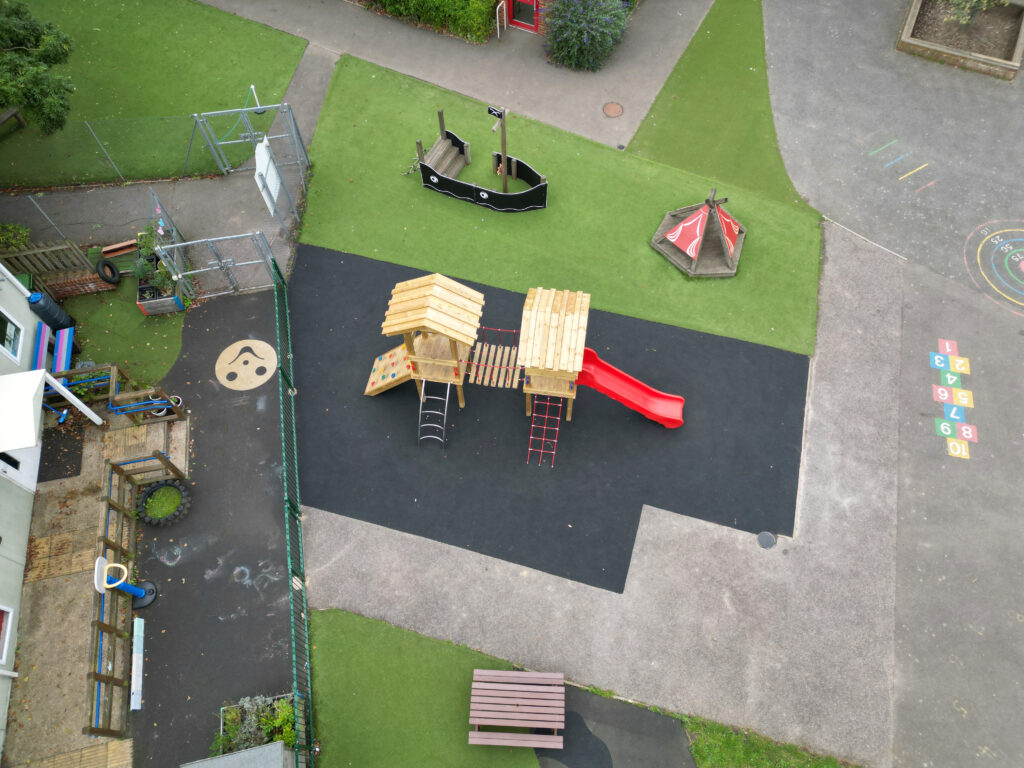

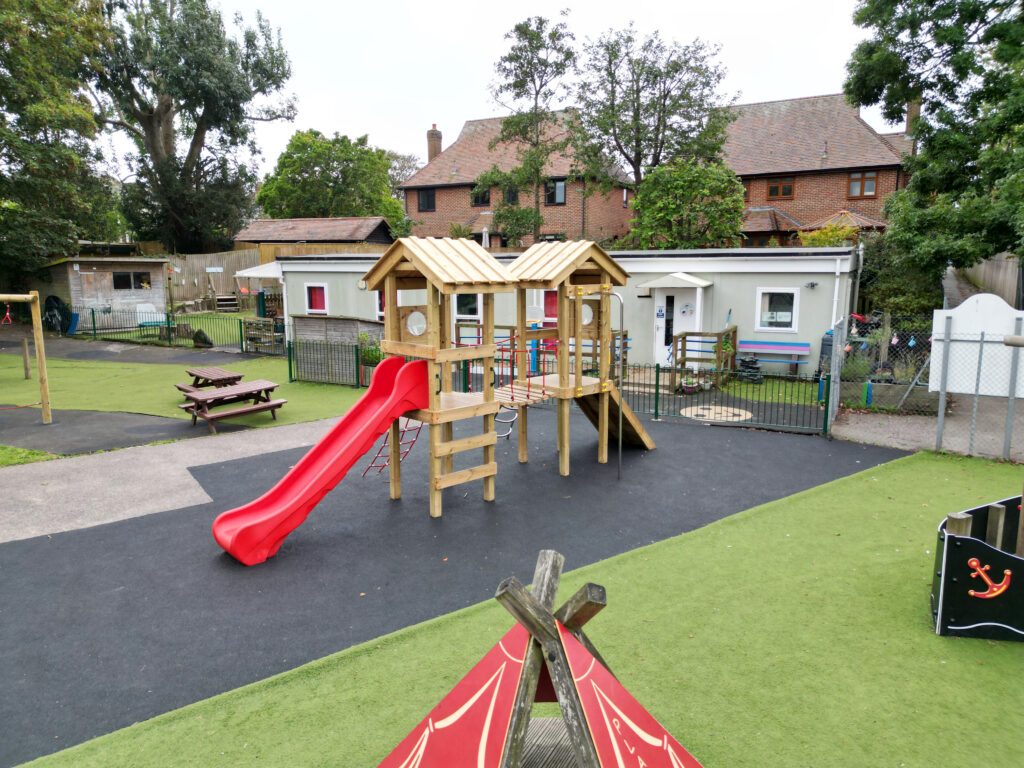
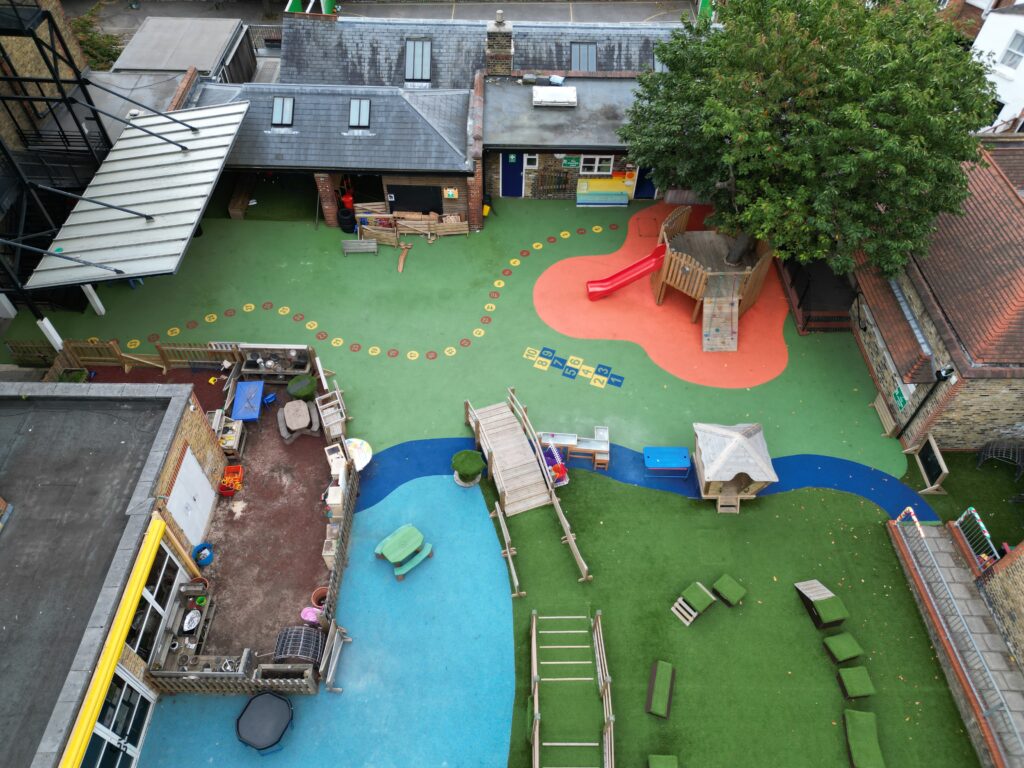






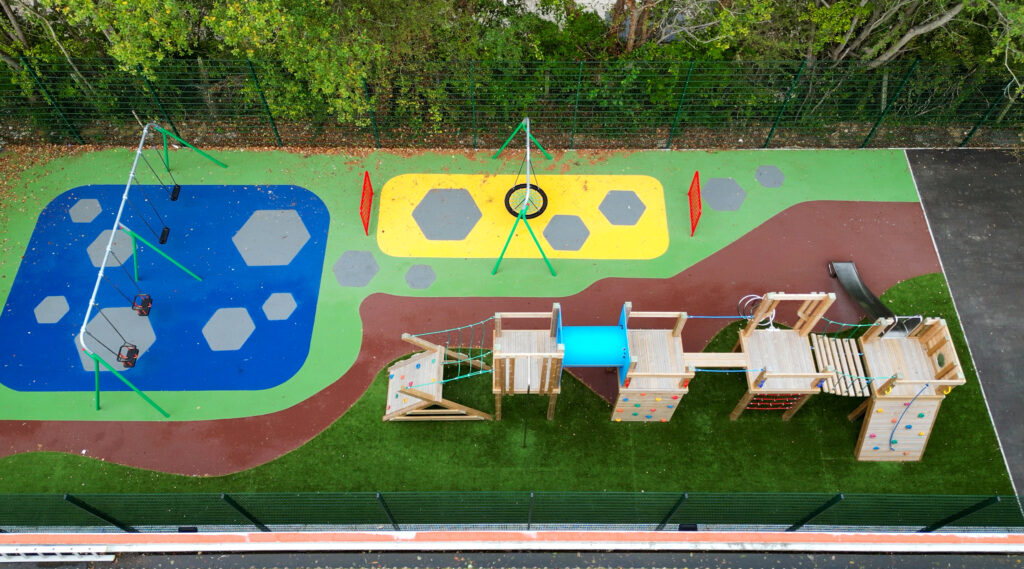










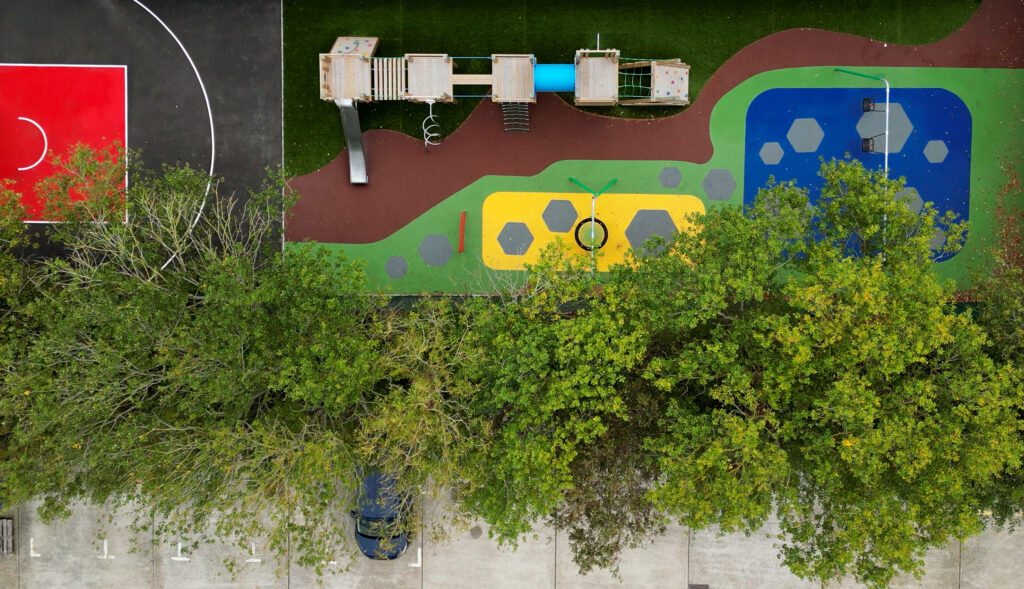









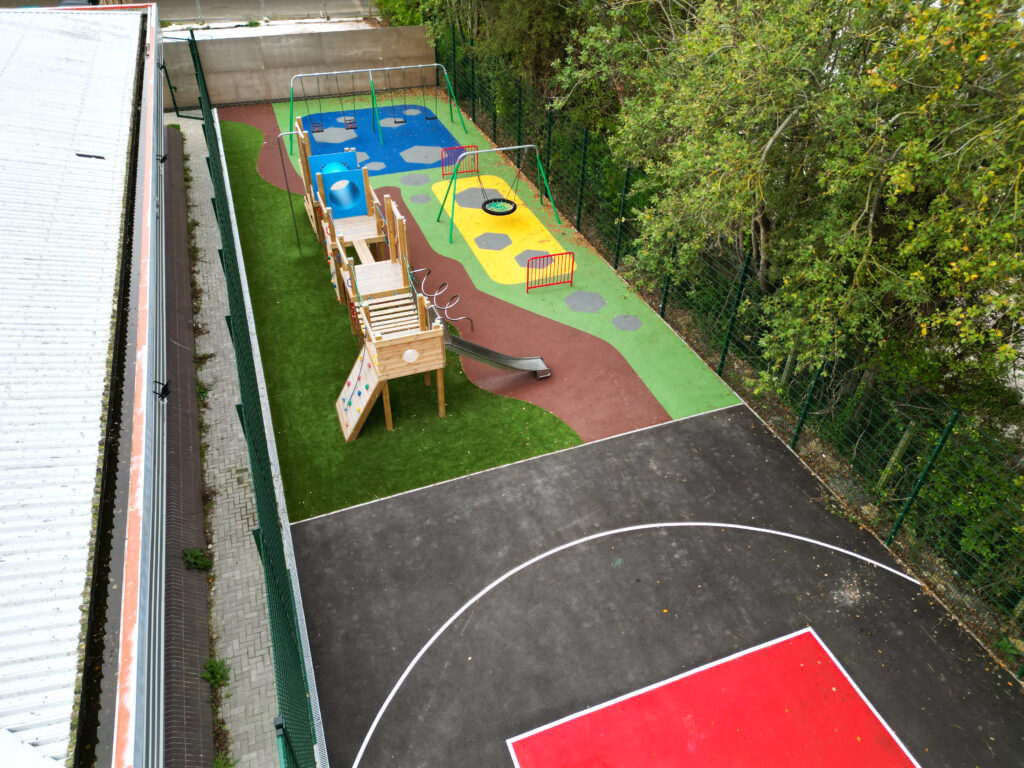



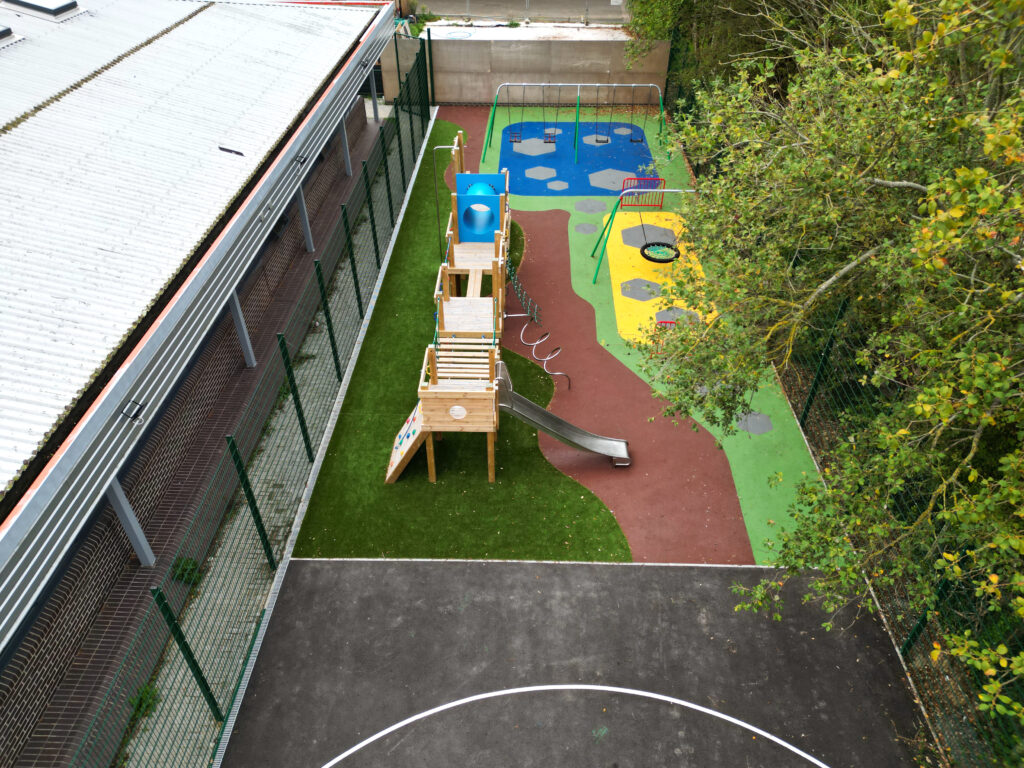







We Aim To Reply To All Enquiries With-in 24-Hours